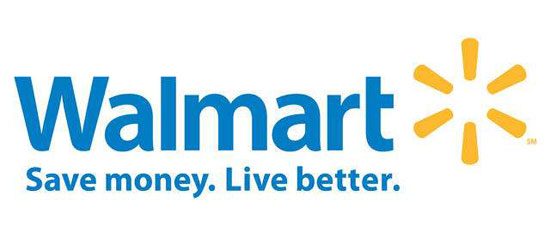Combating Wal-Mart Asymmetrically (Human Events)
My lastest for Human Events, “Combating Wal-Mart Asymmetrically,” is up. I argue that, rather than compete in the fabled “race to the bottom,” businesses should compete against Wal-Mart and other big box stores asymmetrically, emphasizing comparative advantages in niche markets.
For various reasons, my wife and I buy books, coffee, pet food, wine, toiletries, and a whole array of things available much more cheaply and conveniently at Wal-Mart and its upscale rival Target from specialty outlets that charge considerably more. (And, I’d wager, provide better compensation to its employees.)
Apparently, we’re not alone. Despite competition from big box stores, chains like Whole Foods, Trader Joe’s, Linens and Things, PetsMart, Pier One, World Market and dozens of others are thriving by catering to those willing to spend more for quality and selection.
This shouldn’t be surprising. After all, McDonald’s has many of the same advantages in the restaurant business as Wal-Mart has in retailing and yet thousands of other eateries manage to stay in business by catering to customers who want more than a cheap, quick meal.
More at the link.




Your comments demonstrate… by virtuie of your even having to bring them up… that economic basics seem to have slipped out of the discussions about WalMart.
And, well done, for that.
But I wonder. I doubt ignorance is driving that lack. Rather, I suppose there are those who would like to attepmt using the power of government to bypass or over-ride those basics.
Here I was, all set to put in my two cents, and Bithead already said it.